Colon Cancer
-

Better adenoma detection
Fluorescent nanoparticles clearly identified colonic adenomas — precursors to colorectal cancer — in mice, and the formulation should translate to clinical use in humans. Read MoreMay 4, 2023
-

Discovery points to new avenues to kill aggressive cancer cells
Chemoresistant SW480 colon cancer cells stained for lipid rafts (green), death receptor 4 (red) and cell nuclei (blue). Image taken by Joshua Greenlee using a Zeiss LSM 880 from the Vanderbilt Cell Imaging Shared Resource Center. By Marissa Shapiro THE IDEA Vanderbilt faculty and researchers are looking for the “Achilles’ heel” of the cancer cells... Read MoreAug 3, 2021
-

Discovery points to new avenues to kill aggressive cancer cells
Chemoresistant SW480 colon cancer cells stained for lipid rafts (green), death receptor 4 (red) and cell nuclei (blue). Image taken by Joshua Greenlee using a Zeiss LSM 880 from the Vanderbilt Cell Imaging Shared Resource Center. By Marissa Shapiro THE IDEA Vanderbilt faculty and researchers are looking for the “Achilles’ heel” of the cancer cells... Read MoreAug 3, 2021
-

Vitamin D activation and cancer risk
Vitamin D protection against colon cancer varies according to parathyroid hormone response, particularly among women. Read MoreJan 7, 2021
-

New markers of colorectal cancer risk
Vanderbilt epidemiologists identified new markers for colorectal cancer risk and characterized a previously unidentified tumor suppressor that regulates overall tumor volume in vivo. Read MoreOct 29, 2020
-

Blocking tumor ‘signals’ and ‘fuel’
Combining two drugs reduced colorectal cancer cell growth in vitro and in an animal model, suggesting the combination may be a promising treatment for patients. Read MoreAug 25, 2020
-

Meat intake and colorectal polyps
Red and processed meat intakes are strongly associated with increased risk of sessile serrated polyps, which are not as well studied as conventional adenomas. Read MoreMar 9, 2020
-
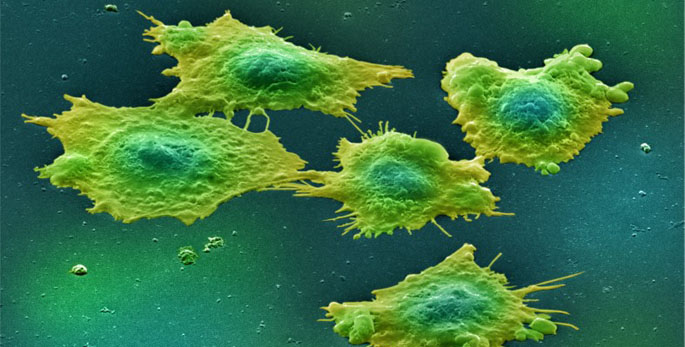
Protein’s role in inflammation-related cancer studied
Investigators are exploring the molecular mechanisms behind the association of chronic inflammation and colon cancer. Read MoreAug 15, 2019
-

SMAD4 clue to colon cancer
Chronic inflammation is a predisposing condition for colorectal cancer, the third leading cause of cancer-related deaths in the United States. Anna Means, Ph.D., and colleagues have now linked inflammation-driven carcinogenesis in the colon to loss of an important signaling protein called SMAD4. Read MoreJul 5, 2018
-

Calcium intake and colorectal cancer
Calcium intake appears to protect against colorectal cancer in individuals with certain gene variants, Vanderbilt researchers have discovered. Read MoreOct 18, 2017
-

Researchers find novel mechanism of resistance to anti-cancer drugs
Vanderbilt investigators have discovered a novel non-genetic cause of resistance to the targeted anti-cancer therapy cetuximab. Their findings, reported this week in Nature Medicine, suggest a strategy for overcoming this resistance. Read MoreOct 17, 2017
-
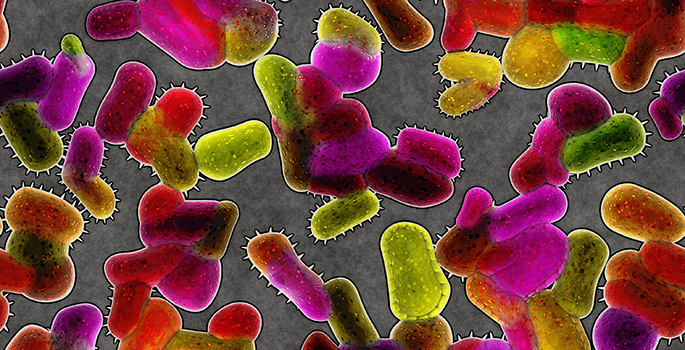
Bile acids, microbiota and colon cancer
Bile acids produced by a western diet alter the composition of the gut microbiota and promote intestinal carcinogenesis. Read MoreJul 5, 2017
-

Study links lifestyle factors to formation of high-risk polyps
Lifestyle factors like cigarette smoking and red meat consumption are known to be associated with an increased risk of colon polyps that can lead to colorectal cancer. Read MoreDec 8, 2016
-

Colon cancer awareness event set for Aug. 5
For some people cancer, especially colon cancer, is a persistent and potentially deadly visitor affecting family members from one generation to the next. Individuals who have a parent, sibling or child diagnosed with colon cancer have double the risk of developing the disease. Read MoreJul 25, 2016
-

Singer’s concert honors care received at Cancer Center
A cancer patient’s gratitude toward his Vanderbilt-Ingram Cancer Center (VICC) physician led to a star-studded concert to benefit the Cancer Center. Read MoreMar 24, 2016
-

Study explores less invasive way to monitor colorectal cancer
Investigators at Vanderbilt University Medical Center have published research regarding an important feature of colorectal cancer (CRC) that could eventually lead to the development of non-invasive means of monitoring cancer progression. After lung cancer, CRC is the second-most lethal cancer in the United States. Read MoreFeb 18, 2016
-
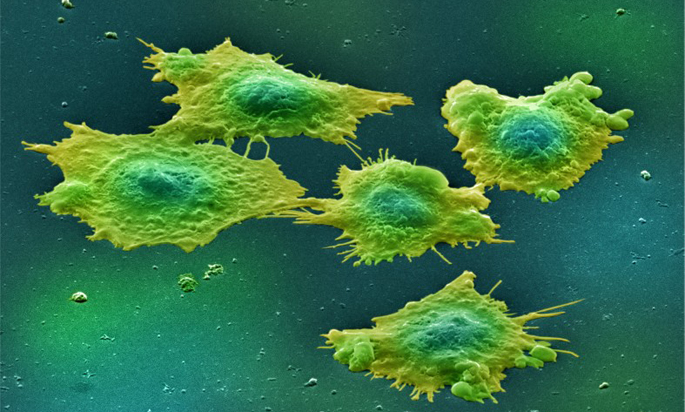
Study identifies potential colon cancer biomarker
A protein that suppresses a key cancer pathway in the colon may be a potential biomarker for colitis-associated tumors, researchers at Vanderbilt University Medical Center reported last month in the journal Gut. Read MoreFeb 11, 2016
-

Study explores protein’s role in inflammation-associated cancer
An antioxidant protein may protect against colon cancer that develops in patients with inflammatory bowel disease, suggesting new strategies for reducing colon cancer risk in these patients. Read MoreJul 23, 2015
-
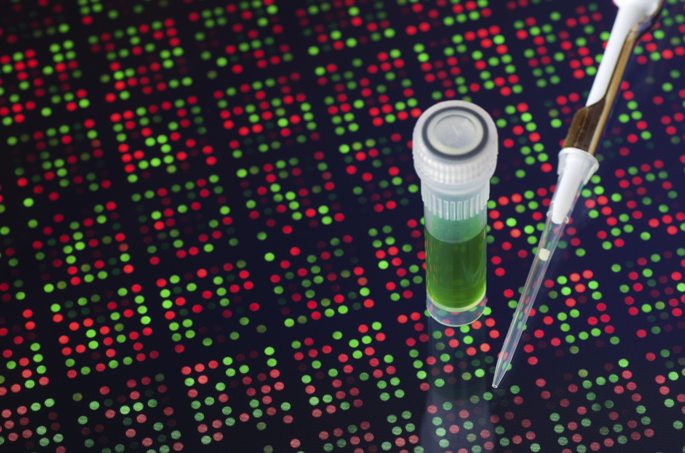
Gene profile predicts metastasis
A specific gene expression profile represents a novel, biologically relevant “signature” for identifying colon cancers with high risk of metastatic recurrence, Vanderbilt researchers have found. Read MoreFeb 9, 2015
-
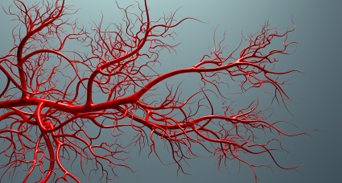
Tumor factor spurs blood vessel growth
A newly identified factor regulates blood vessel growth in colorectal tumors and could be a promising target for cancer therapies. Read MoreAug 26, 2013